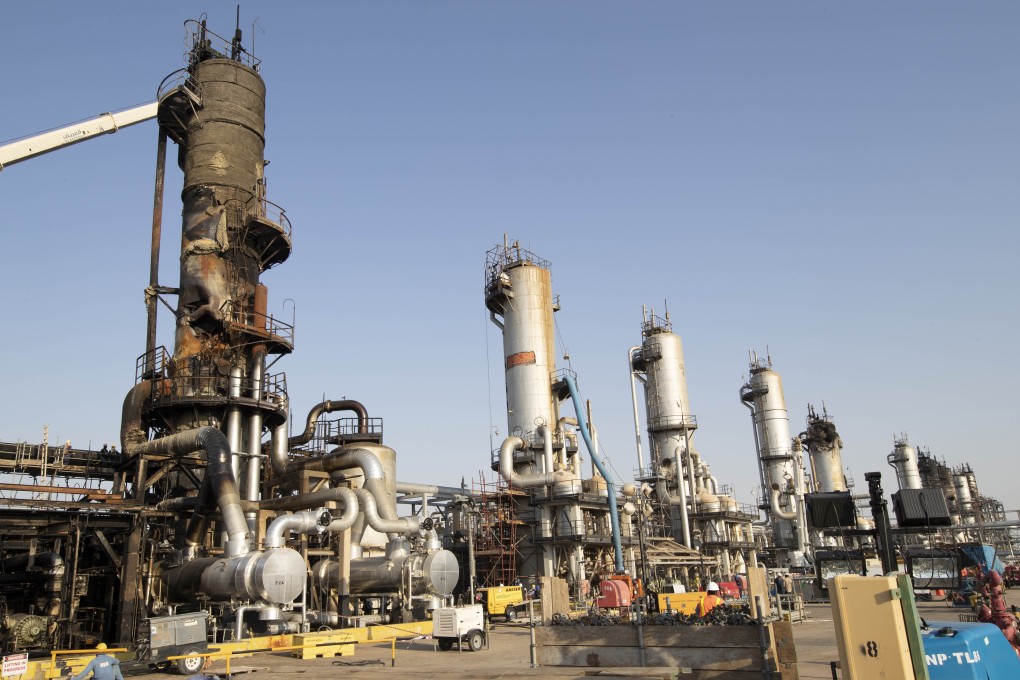Advertisement
US to send more troops to Saudi Arabia after attacks on oil facilities
- The latest deployment is expected to add hundreds, not thousands, of US troops to a region already peppered with multiple US military bases
Reading Time:3 minutes
Why you can trust SCMP

The Pentagon on Friday said it will boost US air and missile defences in Saudi Arabia after last week’s surprise attack, allegedly from Iran, on critical oil facilities exposed the kingdom’s vulnerability.
The modest response, announced shortly after the Treasury Department added new sanctions to Iran’s financial sector, reflects a White House attempt to keep mounting tensions in the Persian Gulf from escalating into war.
Pentagon officials declined to provide specifics, but the latest deployment is expected to add hundreds, not thousands, of US troops to a region already peppered with multiple US military bases.
Advertisement
Defence Secretary Mark Esper described the deployment as a “first step” that would be “defensive in nature”.
US and Saudi officials have blamed Iran for the predawn attack by 18 explosive-laden drones and seven cruise missiles on the world’s largest oil processing facility and a nearby oilfield.
Advertisement
Advertisement
Select Voice
Select Speed
1.00x